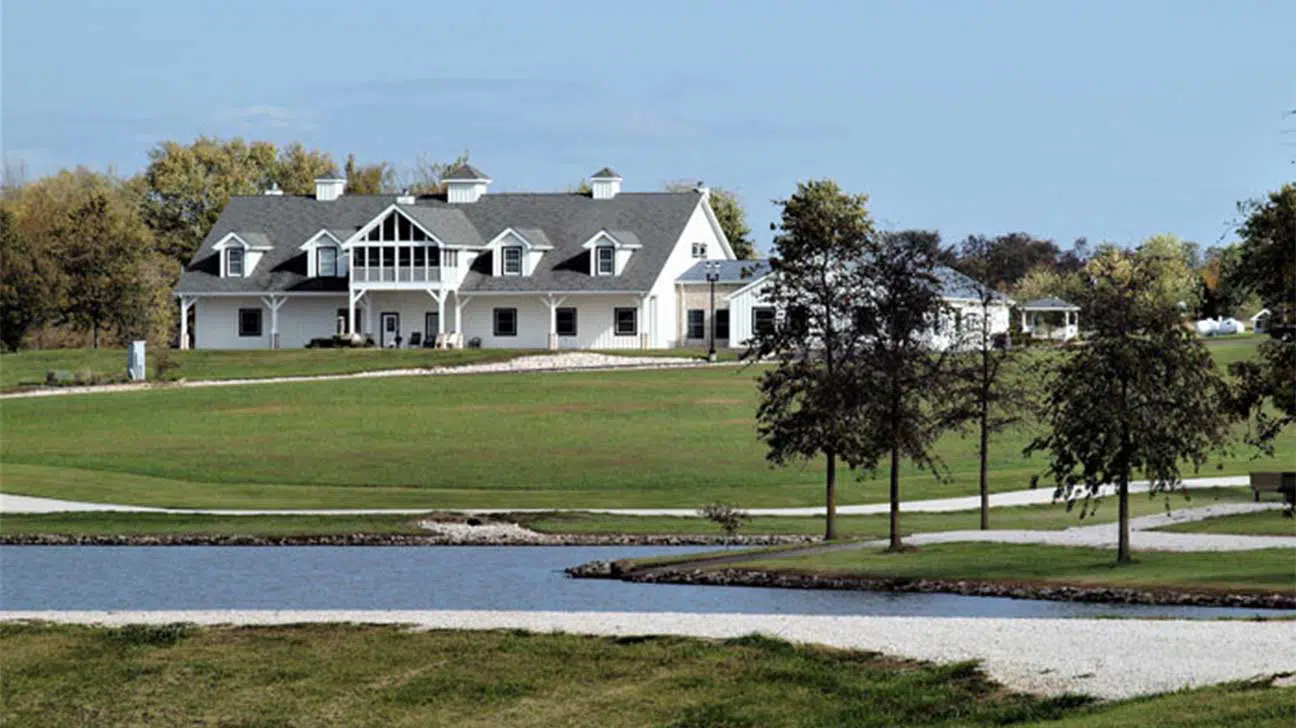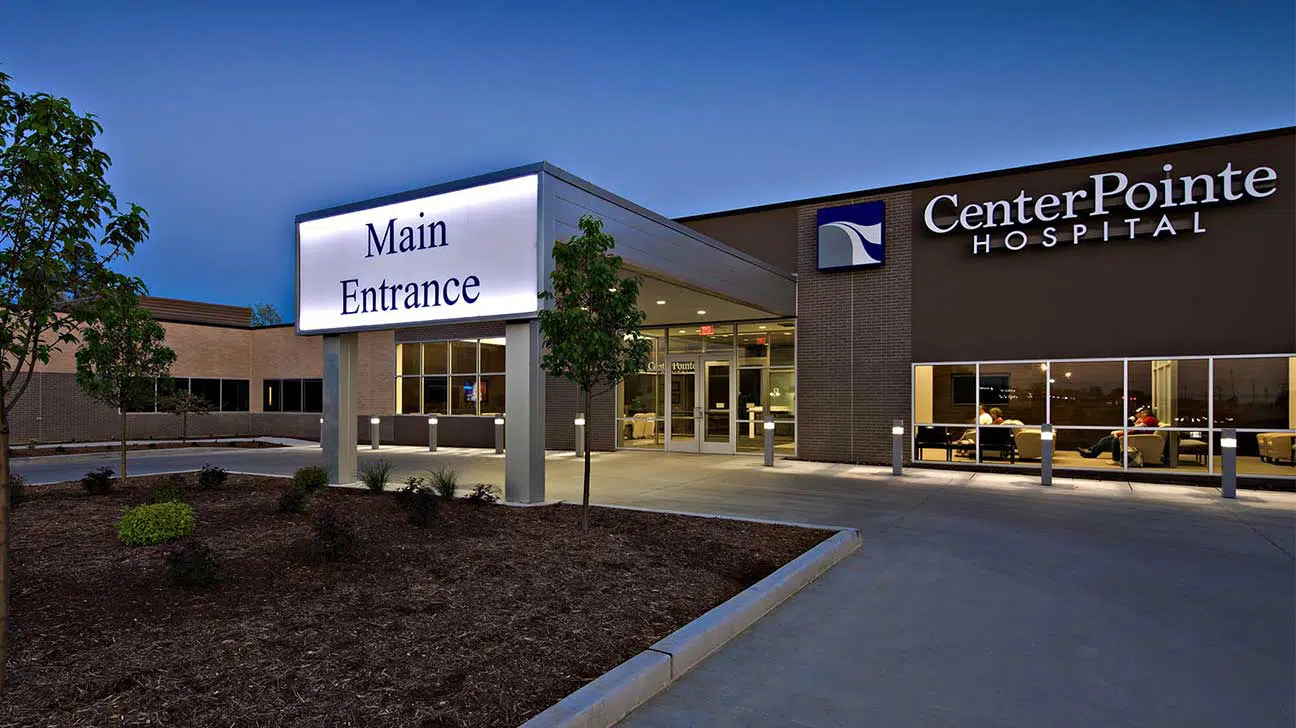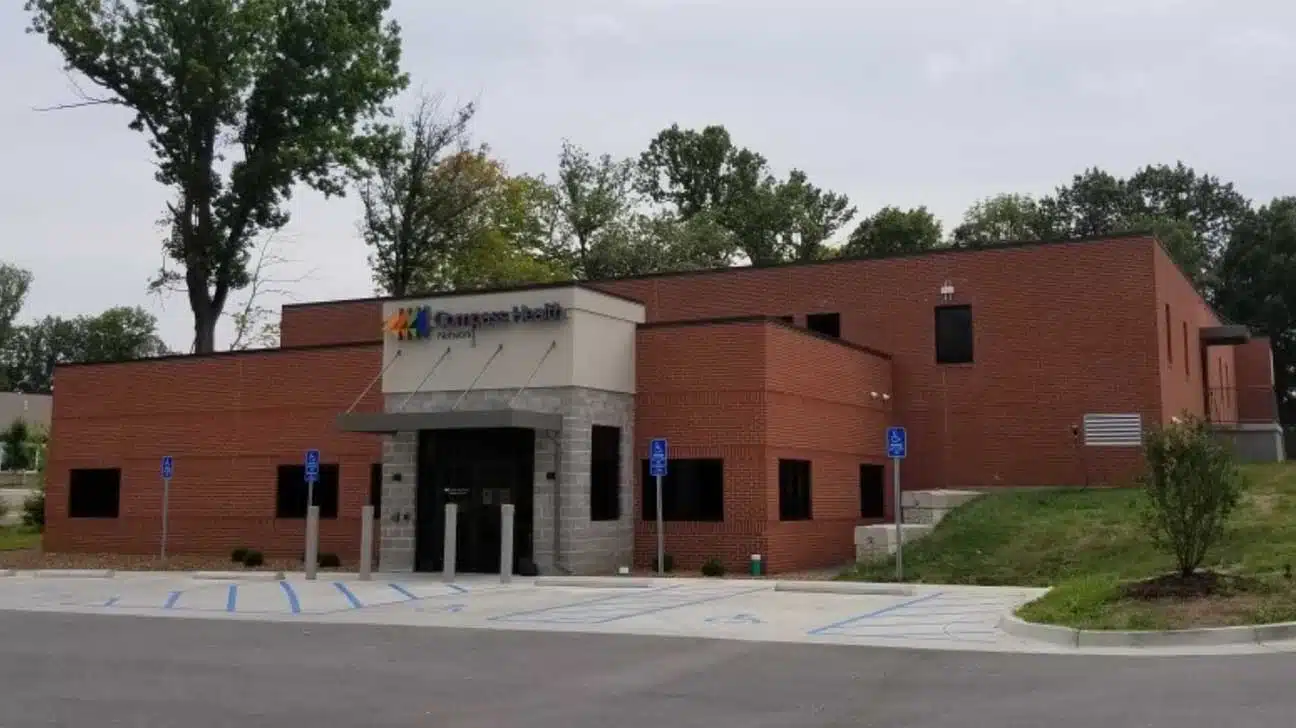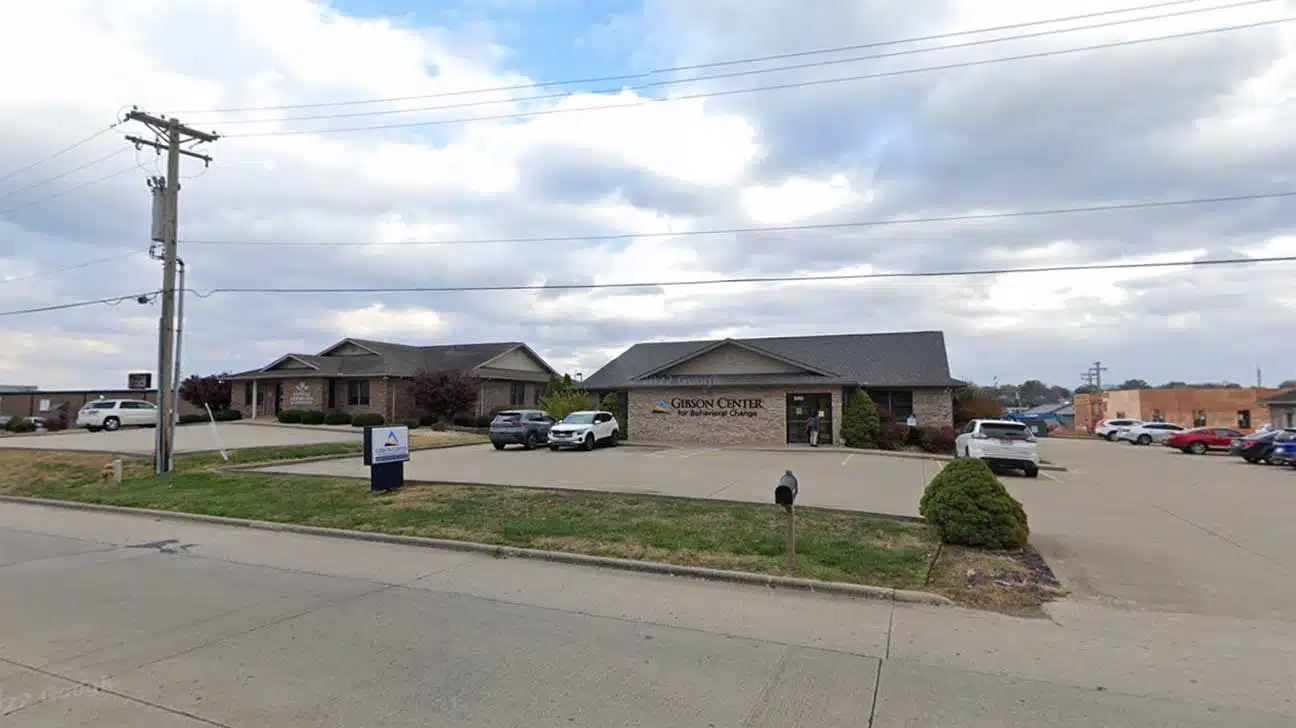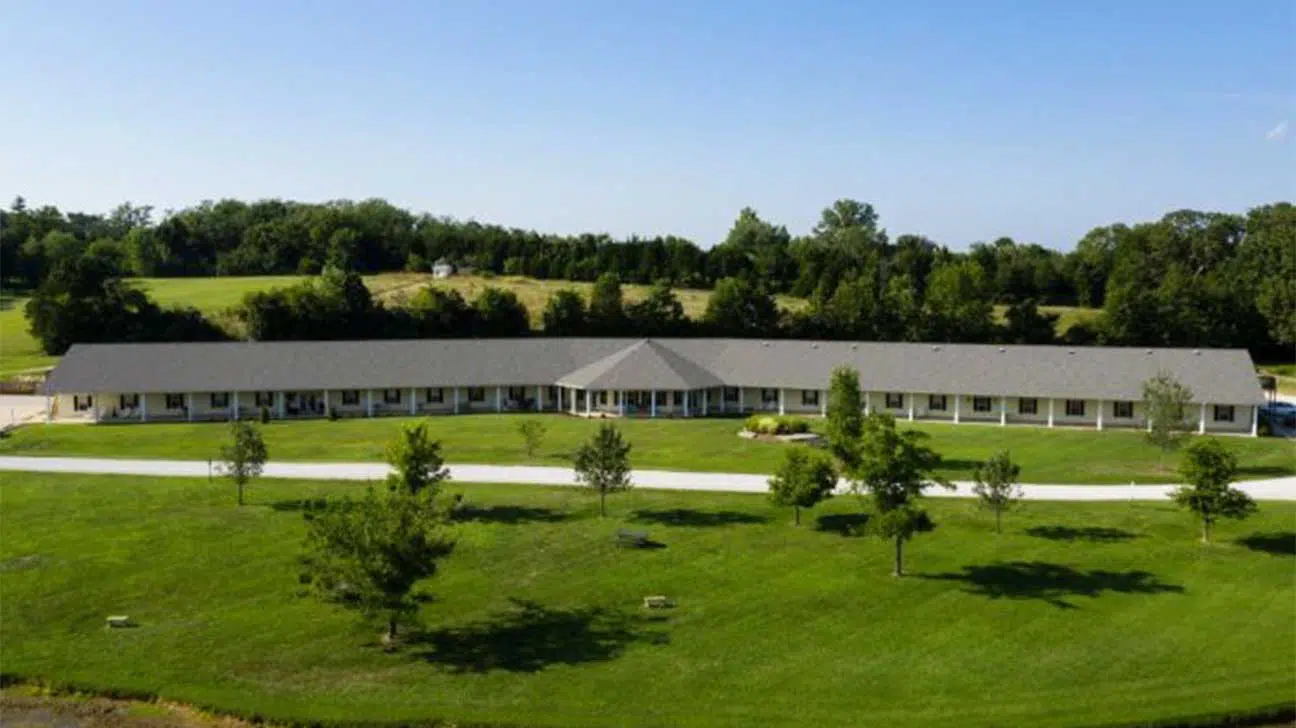
You can find treatment for co-occurring substance use disorders and mental health disorders at several different rehab centers in the state of Missouri.
These dual diagnosis treatment programs create an individualized approach to recovery for both disorders.
Drug and alcohol rehab centers that provide co-occurring disorder treatment typically offer inpatient treatment, drug abuse programs, day treatment, support groups, therapy, and more.
List Of Dual Diagnosis Treatment Centers In Missouri
There are a few rehab facilities in Missouri that provide treatment for co-occurring substance abuse and mental health disorders.
The rehab centers below have been included based on their accreditation, certifications, licensure, positive Google ratings, or other marks of quality.
1. The Aviary Recovery Center, Eolia, Missouri
This rehab program offers residential addiction treatment in Eolia, MO, and an intensive outpatient program (IOP) in Fenton.
Group, individual, and/or family therapy sessions are used here to treat individuals with co-occurring disorders.
This mental health disorder and addiction recovery center near Wentzville, MO is backed by:
- LegitScript certification
- Joint Commission accreditation
- National Association of Addiction Treatment Providers (NAATP) membership
Location and contact information:
22933 US-61
Eolia, MO 63344
(844) 849-1955
2. CenterPointe Hospital, St. Charles, Missouri
CenterPointe Hospital has an addiction treatment center in St. Charles, MO, as well as in St. Louis, St. Peters, and St. Charles.
They specialize in treating dual diagnosis disorders and offer residential treatment, inpatient detox, outpatient programs, medication-assisted treatment (MAT), family services, and aftercare.
Mental health issues and substance abuse treatment here are supported by:
- evidence-based practices
- LegitScript certification
- Joint Commission accreditation
Location and contact information:
4801 Weldon Spring Pkwy.
St. Charles, MO 63304
(800) 345-5407
3. Compass Health Network, Linn Creek, Missouri
Inpatient and outpatient treatment for co-occurring substance use disorders and mental health conditions are available at this drug and alcohol treatment center near Jefferson City, MO.
Compass Health Network has other facilities in Missouri as well, including Clinton, Lebanon, and Columbia, MO for addiction treatment.
A few of the services they provide include MAT, group therapy, peer support, individual, family, and co-dependent counseling, and assessment.
This behavioral health treatment facility has:
- accreditation from the Commission on Accreditation of Rehabilitation Facilities (CARF)
- recognition from the National Committee for Quality Assurance (NCQA) as a patient-centered medical home
- accreditation from the Joint Commission
Location and contact information:
1091 Midway Dr.
Linn Creek, MO 65052
(844) 853-8937
4. The Gibson Center, Cape Girardeau, Missouri
The Gibson Center is an alcohol and drug treatment center in Cape Girardeau, MO, which offers residential treatment, outpatient treatment, detox, counseling, and more.
Co-occurring disorder and dual diagnosis treatments are available with the men’s and women’s residential treatment programs.
This treatment program is backed by evidence-based methods of treatment and CARF accreditation.
Location and contact information:
340 S. Broadview
Cape Girardeau, MO 63701
(573) 332-0416
5. Sana Lake Recovery Center, Dittmer, Missouri
This rehab facility can treat addiction and a range of co-occurring mental illnesses, including anxiety disorders, PTSD, schizophrenia, and bipolar disorders with substance abuse.
They offer many levels of care, including:
- MAT
- IOP
- residential treatment
- detox
- partial hospitalization programs (PHP)
- sober living
This drug rehab center features:
- LegitScript certification
- Better Business Bureau (BBB) accreditation
- Joint Commission accreditation
- 4.1-star rating on Google
Location and contact information:
8350 Hwy. 30
Dittmer, MO 63023
(855) 413-8252
Types Of Treatment For Co-Occurring Disorders At Rehab Centers In STATE
Types of dual diagnosis treatment largely include behavioral therapies such as dialectical behavior therapy, contingency management, and cognitive behavioral therapy. These and other therapeutic modalities can also apply to addiction services.
Other treatments for co-occurring disorders can include medications such as antidepressants or anti-anxiety medications.
These medications can be used to manage the symptoms of a mental health or substance use disorder, enabling a client to focus on therapy.
How Common Is Dual Diagnosis In Missouri?
In 2015, the Missouri Department of Mental Health estimated that about 150,000 residents with mental illness had a co-occurring substance use disorder.
In 2021, Missouri was above the national average of drug overdose fatalities. Overdose fatalities in Missouri were about 37 per 100,000 residents.
In early 2023, about 34% of Missouri residents reported depression or anxiety, about 2% higher than the national percentage.
Choosing A Dual Diagnosis Program In Missouri
If you’re looking for an outpatient or inpatient drug rehab center in Missouri that offers dual diagnosis treatment, there are a few key factors to consider when selecting a program.
Specialization In Co-Occurring Disorders
The most important factor to consider is whether the rehab center specializes in treating co-occurring disorders or offers a targeted dual diagnosis program.
You need to select a treatment center that offers more than just mental health treatment, as this is not the same as treating co-occurring disorders.
A specialized program will curate treatment plans that integrate mental health and drug addiction treatment services based on the needs of each client.
Type Of Therapy
Choose a rehab program that offers a range of behavioral therapies.
Some types of therapy include:
- group, individual, and family therapy
- motivational interviewing
- dialectical behavioral therapy (DBT)
- cognitive behavioral therapy (CBT)
The above therapies are ideal for dual diagnosis clients, as they have been proven to be effective for mental health and substance abuse.
Health Insurance Accepted
Verify that the treatment facility accepts your health insurance provider.
Many rehab centers in Missouri accept:
- major health insurance plans
- Missouri Medicaid for addiction treatment
- Medicare
You may also explore self-payment options and financial assistance programs.
Missouri Dual Diagnosis Treatment FAQs
Review the following answers to frequently asked questions about mental health and addiction treatment in Missouri.
What Is The Difference Between A Dual Diagnosis And Co-Occurring Disorders In Missouri?
A dual diagnosis means that you have a substance use disorder and a mental health disorder such as PTSD and opioid use disorder.
Co-occurring disorders may include addiction, but can also refer to two mental health conditions.
What Are The Benefits Of A Missouri Dual Diagnosis Rehab Program?
Benefits include individualized treatment plans, comprehensive treatment for mental health and substance abuse, support from peers with co-occurring disorders, and psychotherapy.
If you require medicine, you have a team of clinicians and doctors monitoring your mental health medications and medication-assisted treatment (MAT).
Who Can Get Co-Occurring Disorder Treatment In Missouri?
Adults and adolescents can find dual diagnosis treatment in Missouri. There are programs for a variety of ages, genders, and backgrounds.
There are also free rehab centers in Missouri that may also offer dual diagnosis treatment for people facing economic challenges.
Find Dual Diagnosis Treatment Today
If you or a loved one are battling dual diagnosis, treatment is available today.
To learn more about your treatment options for mental health and addiction, reach out to AddictionResource.net.
Updated on April 4, 2023
Addiction Resource aims to provide only the most current, accurate information in regards to addiction and addiction treatment, which means we only reference the most credible sources available.
These include peer-reviewed journals, government entities and academic institutions, and leaders in addiction healthcare and advocacy. Learn more about how we safeguard our content by viewing our editorial policy.
- Dualdiagnosis.org
https://dualdiagnosis.org/treatment-therapies-for-dual-diagnosis-patients/ - National Institute of Mental Health
https://www.nimh.nih.gov/health/topics/substance-use-and-mental-health - National Library of Medicine: MedlinePlus
https://medlineplus.gov/dualdiagnosis.html#:~:text=Someone%20with%20a%20dual%20diagnosis,you%20emotional%20and%20social%20support. - Substance Abuse and Mental Health Services Administration
https://www.samhsa.gov/medication-assisted-treatment/medications-counseling-related-conditions/co-occurring-disorders

